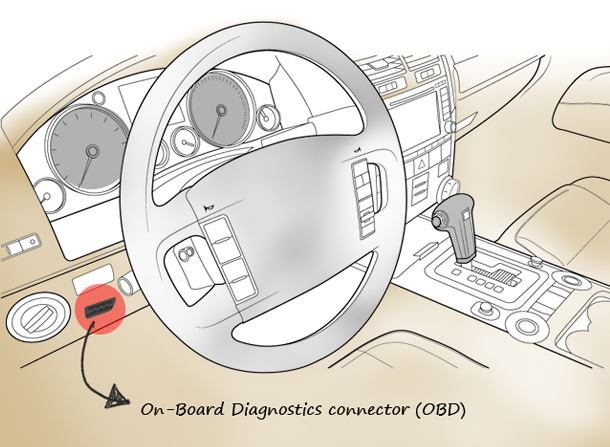Automotive Industry Standard 140 (AIS 140) is a set of standards published by Automotive Research Association of India (ARAI) designed to build an Intelligent Transportation System (ITS) specifically tailored to gain total control over public transportation system in India.
![]()
To comply with the AIS 140 guidelines every commercial vehicle (with yellow number plate) will need to have a real-time Navic/GPS tracking system with emergency request buttons (panic/SOS buzzer).
Read more
